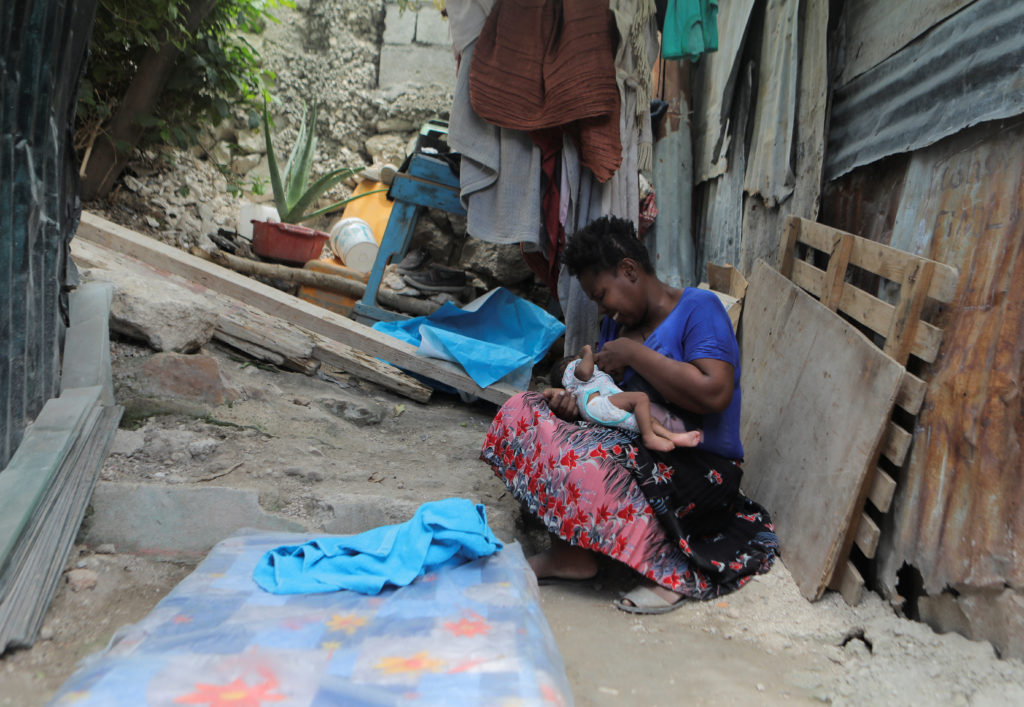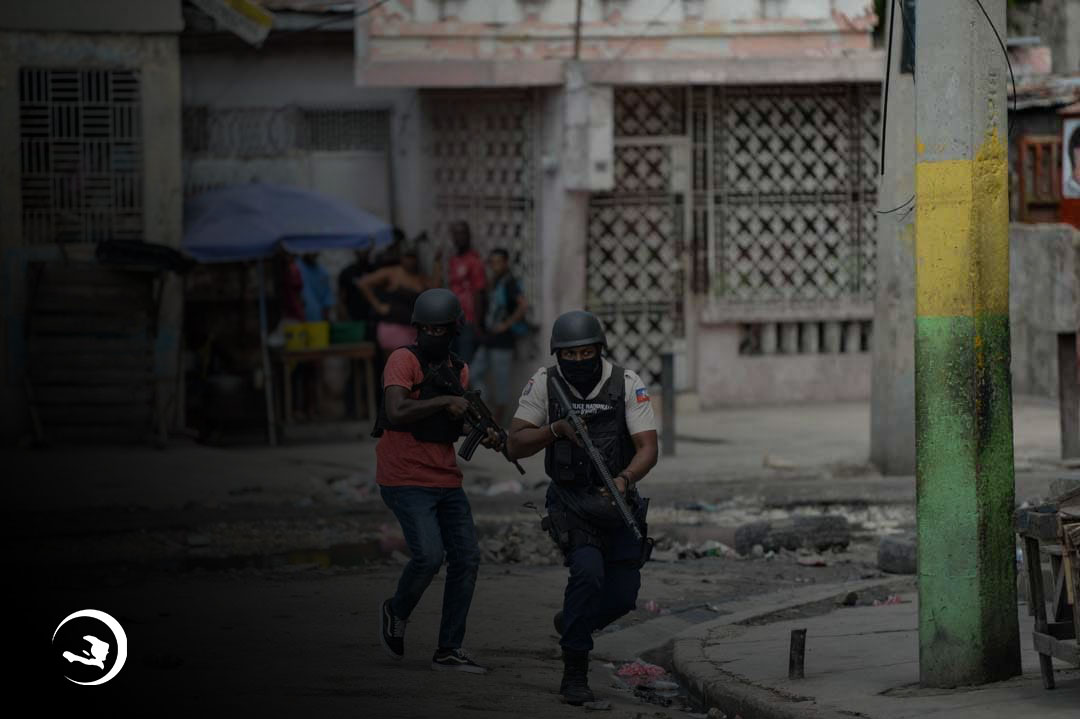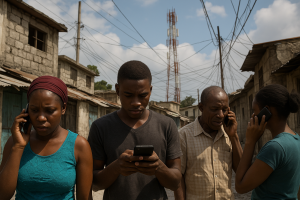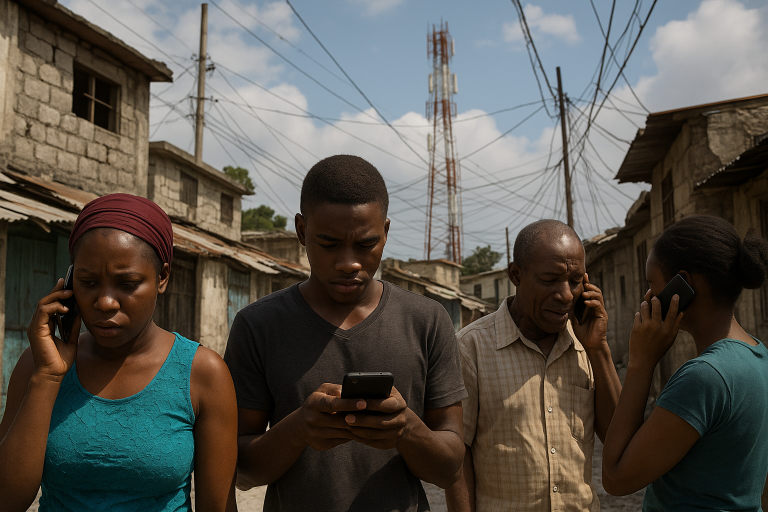Haiti has long been plagued by violence, political instability, and economic hardship. The rise in gang-related violence, however, has reached unprecedented levels in recent years, with devastating impacts on communities across the country. While international aid and government interventions have often fallen short, there is a growing recognition that sustainable solutions must come from within. Community-led initiatives offer a promising path forward in addressing the root causes of gang violence and restoring peace to Haiti’s most vulnerable neighborhoods.
Understanding the Roots of Gang Violence in Haiti
To comprehend the current crisis, it’s essential to examine the socio-economic conditions that have fueled gang proliferation. Decades of political corruption, economic inequality, and a lack of opportunities have created an environment where gangs can thrive. In many of Haiti’s poorest neighborhoods, gangs have become the de facto authority, filling the vacuum left by a weak state. They provide a semblance of order, albeit through fear and violence, in areas where government services are virtually non-existent.
Moreover, the allure of gang membership is often tied to the absence of viable alternatives. For many young Haitians, joining a gang is not just about survival but about identity, power, and belonging in a society that offers them little else. The cycle of violence is perpetuated as these groups recruit younger members, perpetuating a culture of fear and hopelessness.
International efforts to curb gang violence in Haiti have largely focused on strengthening the police force and providing humanitarian aid. While these measures are necessary, they are not sufficient. The police, often underfunded and under-resourced, struggle to maintain order in the face of heavily armed gangs. Additionally, humanitarian aid, while alleviating immediate suffering, does not address the underlying issues that drive gang violence.
Top-down approaches have also been hampered by political instability and corruption. Too often, funds earmarked for development or security initiatives are siphoned off by corrupt officials, leaving little impact on the ground. The result is a cycle of failed interventions that do little to change the status quo.
The Power of Community-Led Solutions
In contrast to these traditional approaches, community-led initiatives offer a more sustainable and effective way to combat gang violence. These grassroots efforts are often spearheaded by local leaders who understand the unique challenges and dynamics of their neighborhoods. By empowering communities to take charge of their own security and development, these initiatives address the root causes of violence rather than merely treating its symptoms.
One such example is the work being done by local organizations in Cité Soleil, one of Haiti’s most notorious gang strongholds. Community leaders have mobilized to provide educational opportunities, job training, and support for at-risk youth. By offering alternatives to gang life, these programs have helped reduce recruitment and reintegrate former gang members into society.
Another critical aspect of community-led solutions is the emphasis on dialogue and conflict resolution. In neighborhoods torn apart by gang warfare, mediation efforts led by respected local figures have been instrumental in brokering ceasefires and promoting peace. These efforts are often more effective than police interventions, as they are rooted in trust and a deep understanding of the community’s needs.

Women and youth play a particularly vital role in community-led solutions. In many Haitian neighborhoods, women have taken the lead in organizing peace initiatives, often at great personal risk. Their efforts have been crucial in building social cohesion and fostering a culture of non-violence. Youth, too, are at the forefront of change, using art, music, and sports to promote positive alternatives to gang culture.
These initiatives not only address the immediate issue of gang violence but also contribute to long-term social and economic development. By investing in education, skills training, and entrepreneurship, communities are building a foundation for a more stable and prosperous future.
A Call to Support Grassroots Efforts
The international community and the Haitian government must recognize the value of community-led solutions in addressing gang violence. This means not only providing financial support but also ensuring that these initiatives have the autonomy to operate independently of political interference. It also requires a shift in focus from short-term security measures to long-term investments in social and economic development.
Haiti’s struggle with gang violence is far from over, but the resilience and determination of its communities offer hope. By supporting and scaling up grassroots efforts, there is a real opportunity to break the cycle of violence and build a safer, more prosperous future for all Haitians.
Haiti’s ongoing battle with gang violence is a complex issue that cannot be resolved through conventional means alone. While international aid and government intervention have their roles, sustainable change must come from within the communities most affected. Community-led solutions, driven by local leaders, women, and youth, offer a promising path to breaking the cycle of violence and building a more stable and peaceful Haiti. The time has come to invest in these grassroots efforts and empower Haitians to reclaim their neighborhoods and their future.












Add a comment